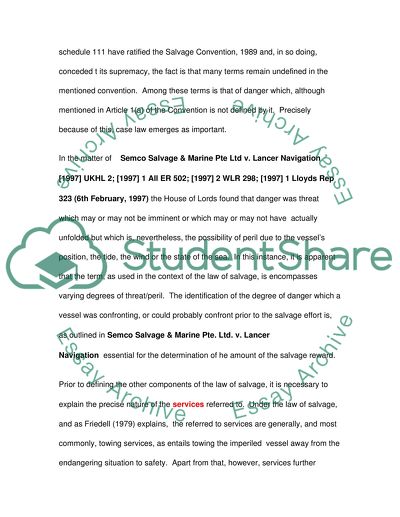Cite this document
(Maritime Law Report Example | Topics and Well Written Essays - 1500 words, n.d.)
Maritime Law Report Example | Topics and Well Written Essays - 1500 words. https://studentshare.org/law/1521834-maritime-low
Maritime Law Report Example | Topics and Well Written Essays - 1500 words. https://studentshare.org/law/1521834-maritime-low
(Maritime Law Report Example | Topics and Well Written Essays - 1500 Words)
Maritime Law Report Example | Topics and Well Written Essays - 1500 Words. https://studentshare.org/law/1521834-maritime-low.
Maritime Law Report Example | Topics and Well Written Essays - 1500 Words. https://studentshare.org/law/1521834-maritime-low.
“Maritime Law Report Example | Topics and Well Written Essays - 1500 Words”. https://studentshare.org/law/1521834-maritime-low.


